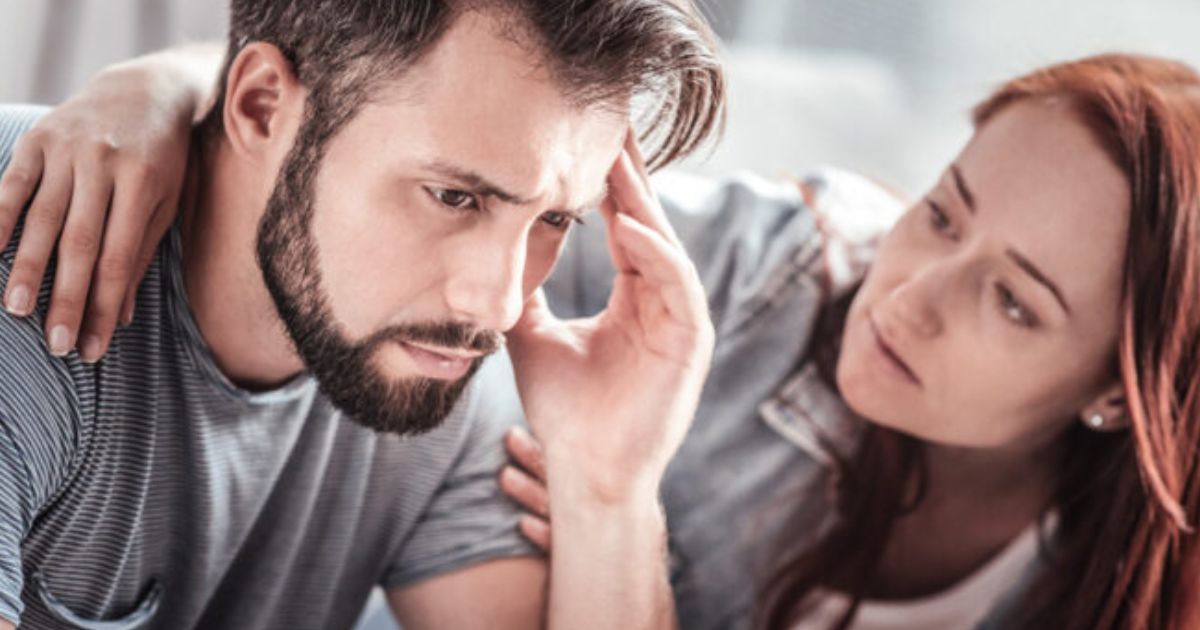A recent longitudinal study exploring the dynamics of anxious attachment styles in newlywed couples during the initial four years of marriage has unveiled a compelling connection between anxiously attached individuals and heightened cortisol levels when anticipating conflict with their partners.
This phenomenon was especially pronounced when their partners exhibited avoidant attachment styles. The findings, published in the Journal of Social and Personal Relationships, shed light on the crucial role attachment patterns play in intimate relationships and overall well-being.
Maintaining emotionally and physically healthy relationships, particularly in marital contexts, is widely recognized as a cornerstone of overall well-being.
However, the precise mechanisms through which relationships influence health have been a subject of ongoing study and intrigue. Emotional attachment patterns have emerged as a particularly significant factor in this intricate interplay.
The Longitudinal Study To Understand Anxious Attachment And Stress
The study in question embarked on a journey to delve into the link between attachment styles and stress responses in the context of marriage. Researchers followed newlywed couples over a four-year period, meticulously examining how attachment styles influenced cortisol reactivity when the prospect of conflict with a partner loomed.
One of the standout findings of the study was the marked difference in cortisol reactivity between anxiously attached individuals and those with other attachment styles.
Anxiously attachment exhibits significantly heightened cortisol levels when they anticipated conflicts with their partners. This physiological response suggested that they experienced greater stress in such situations.
What added an intriguing layer to this revelation was the role of partners’ attachment styles. The study noted that the cortisol surge in anxiously attached individuals was most pronounced when their partners exhibited avoidant attachment styles.
Avoidantly attached partners often tend to downplay emotions and may exhibit a tendency to withdraw during conflicts, which could exacerbate stress for anxiously attached individuals seeking emotional closeness.
The findings underscore the complexity of attachment patterns within marital relationships and their potential impact on emotional well-being.
They suggest that the interaction between different attachment styles can significantly influence the dynamics of conflict within couples, potentially creating challenges for those with anxiously attached partners.
Dr. Emily Turner, a clinical psychologist specializing in couples therapy, emphasized the importance of understanding attachment styles in relationships.
She stated, “Attachment styles can profoundly shape the way couples communicate and navigate conflicts. Recognizing and addressing these patterns can lead to more effective and fulfilling partnerships.”
The study’s implications are far-reaching, emphasizing the need for couples to recognize and communicate about their attachment styles. By fostering a better understanding of each other’s emotional needs and tendencies, couples can work together to create healthier and more harmonious relationships.
Supportive and emotionally nurturing relationships are integral to both mental and physical well-being. The study’s findings highlight the importance of nurturing such relationships and being mindful of the complexities that may arise from differing attachment styles.
As researchers continue to explore the intricate connections between attachment styles, stress responses, and relationship dynamics, future studies may shed further light on how couples can navigate conflicts more effectively and promote emotional well-being within their partnerships.
The recent longitudinal study delving into attachment styles and cortisol reactivity in newlywed couples offers valuable insights into the intricate web of emotions and physiological responses that underlie marital relationships.
It underscores the significance of understanding and addressing attachment patterns as couples embark on their journey together, with the ultimate goal of fostering healthier, more fulfilling, and less stressful partnerships.


